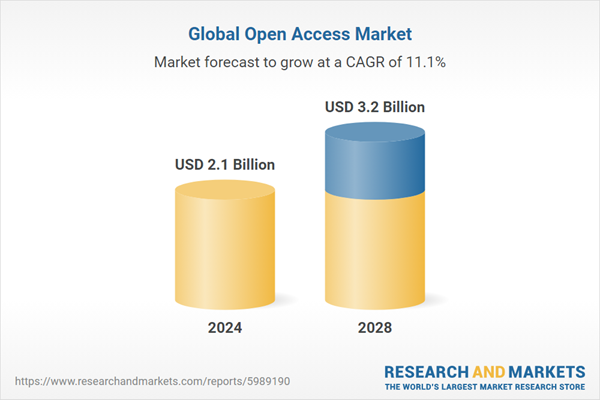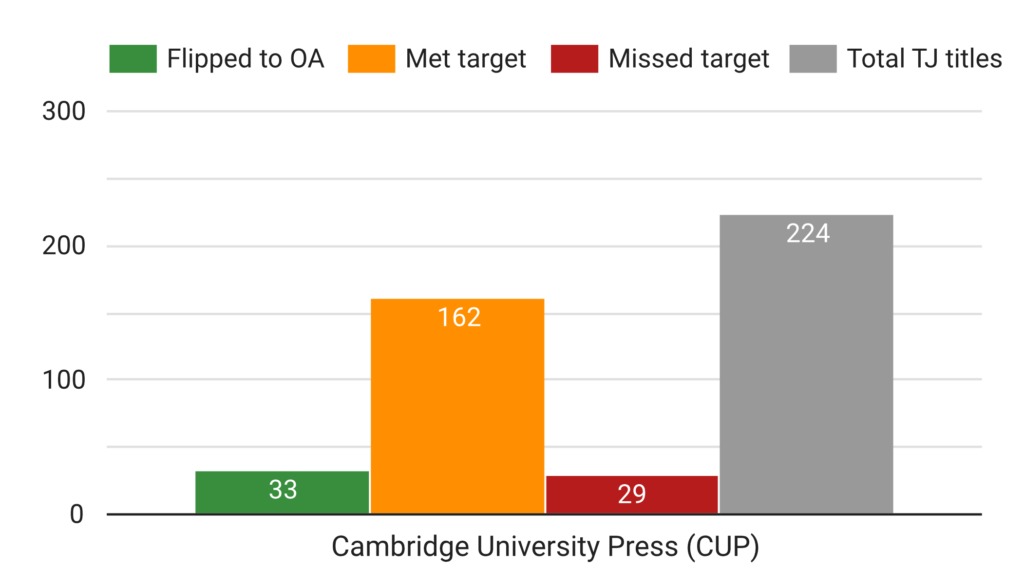Infra Finder grows: 90+ open infrastructures now available, including the Keepers Registry

Open infrastructure is crucial in research and scholarship, but navigating this complex landscape can be challenging. Infra Finder is an evaluation tool that provides verified information on over 90 open infrastructures, covering 30 solution categories. It allows users to make informed decisions based on reliable information about openness, community governance, interoperability, and hosting options. The tool also includes new open infrastructure categories, such as data and computational infrastructure, digital preservation and archival infrastructure, and open access or subscription management tools. The Keepers Registry, a service implemented by ISSN International Centre, is among the open infrastructures.







